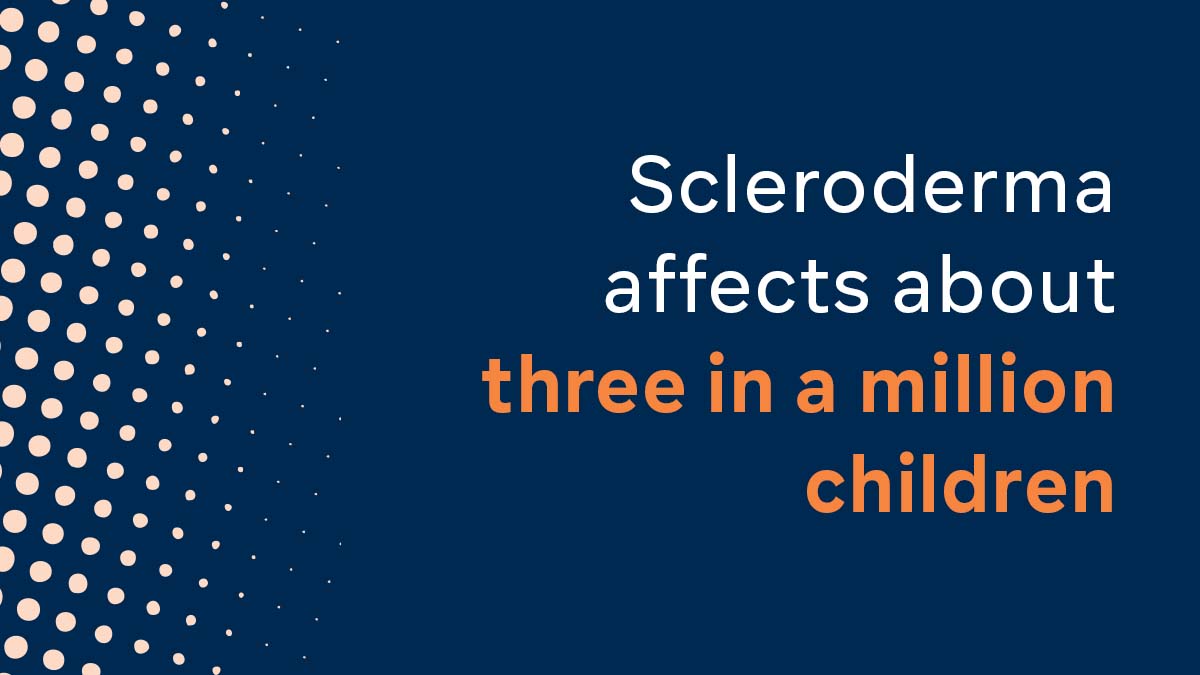
Anyone can be diagnosed with scleroderma, including children. Even though scleroderma usually manifests between the ages of 30 and 50, it affects approximately three out of every one million children, with an average age of onset of 8 years. These children with scleroderma face a life-long risk for dangerous complications from the inflammation and fibrosis caused by scleroderma.
This is why the SRF funds juvenile-onset studies like the “Identification of Novel Pathogenic Genes in Juvenile Systemic Sclerosis” project. Led by Dr. Kathryn Torok of the Pittsburgh Children’s Hospital, in collaboration with investigators at the National Human Genome Research Institute—Dan Kastner, MD, PhD and Elaine Remmers, PhD, this project aims to uncover genetic differences in juvenile systemic scleroderma patients that may increase their susceptibility.
This type of discovery will not only help researchers understand how to better treat children diagnosed with scleroderma, but will also likely enhance our understanding of scleroderma in all patients… a critical step towards unlocking new treatments and one day, a cure. If you’d like to learn more about how to support research that advances our understanding of juvenile scleroderma, contact us at info@srfcure.org or 800.441.CURE (2873).

